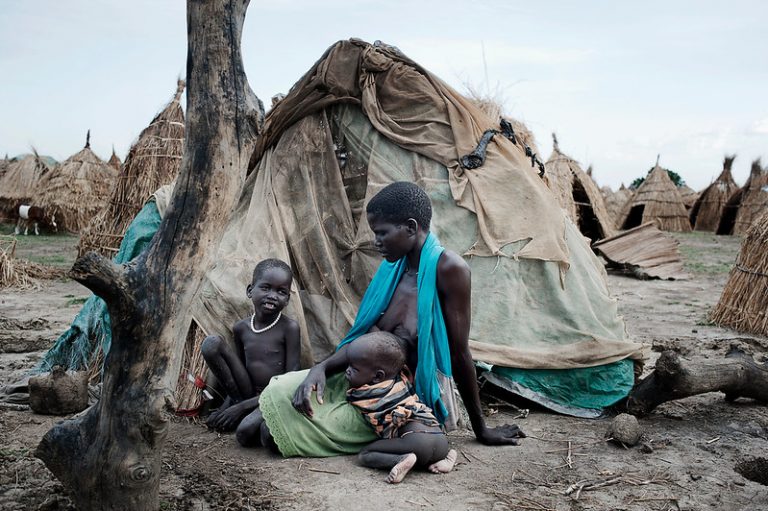
Official Sudanese statistics indicate that the number of homeless people in the capital Khartoum alone tops 6,000, while some organizations set the number at 13,000.
Yousif Ibrahim Abubaker
People become homeless for different reasons. There are social causes of vagrancy, such as lack of affordable housing, poverty and unemployment but in Sudan another factor has also pushed the people to vagrancy – thousands of displaced people who fled armed conflict in Sudan’s peripheries, are attempting to survive in the open in the capital Khartoum. They are living in terrible conditions and are in urgent need of food, clothing, and shelter.
The homeless, of whom 95 per cent fled attacks and hunger in Darfur, the Nuba Mountains in South Kordofan, and Blue Nile state, are in urgent need of humanitarian assistance.
According to the survey of the inhabitants of Sudan’s capital, conducted in 2022, there are over 6,000 homeless people living in Khartoum. The average age of death for people experiencing homelessness is 45 for men and 43 for women.
Official Sudanese statistics indicate that the number of homeless people in the capital Khartoum alone tops 6,000, while some organizations set the number at 13,000.
The homeless or street children are suffering from miserable conditions and they are living in streets, abandoned buildings, tunnels and sewers, besides they are exposed to physical and psychological abuse.
Homelessness has been with us since long, and that the problem is not really new. This was not because people decided to become homeless. It was a direct result of increasing levels of poverty resulting from the poor economy coupled with changes in government policy. This has led to growing numbers of people ending up on the streets or in emergency shelters because they lacked access to safe, affordable housing.
Rough sleeping is the most visible and dangerous form of vagrancy. The longer someone experiences rough sleeping the more likely they are to face challenges like trauma, mental health and drug use.
Local authorities have duty to secure a home for the people.
Vagrancy is not inevitable nor is it insolvable. Collective action can help to change the system that allows people to have shelter.
We should take action to prevent people from losing their homes in the first place, rather than waiting until people are at crisis point. It’s also important that we find long term sustainable solutions.
________________
 Yousif Ibrahim Abubaker is a poet and writer from Omdurman Umbda -Sudan. He works as an English Instructor, Trainer and Freelance Interpreter. He also has been working as a debate leader discussing various topics in many English Institutes, Centers, Academy and schools.
Yousif Ibrahim Abubaker is a poet and writer from Omdurman Umbda -Sudan. He works as an English Instructor, Trainer and Freelance Interpreter. He also has been working as a debate leader discussing various topics in many English Institutes, Centers, Academy and schools.